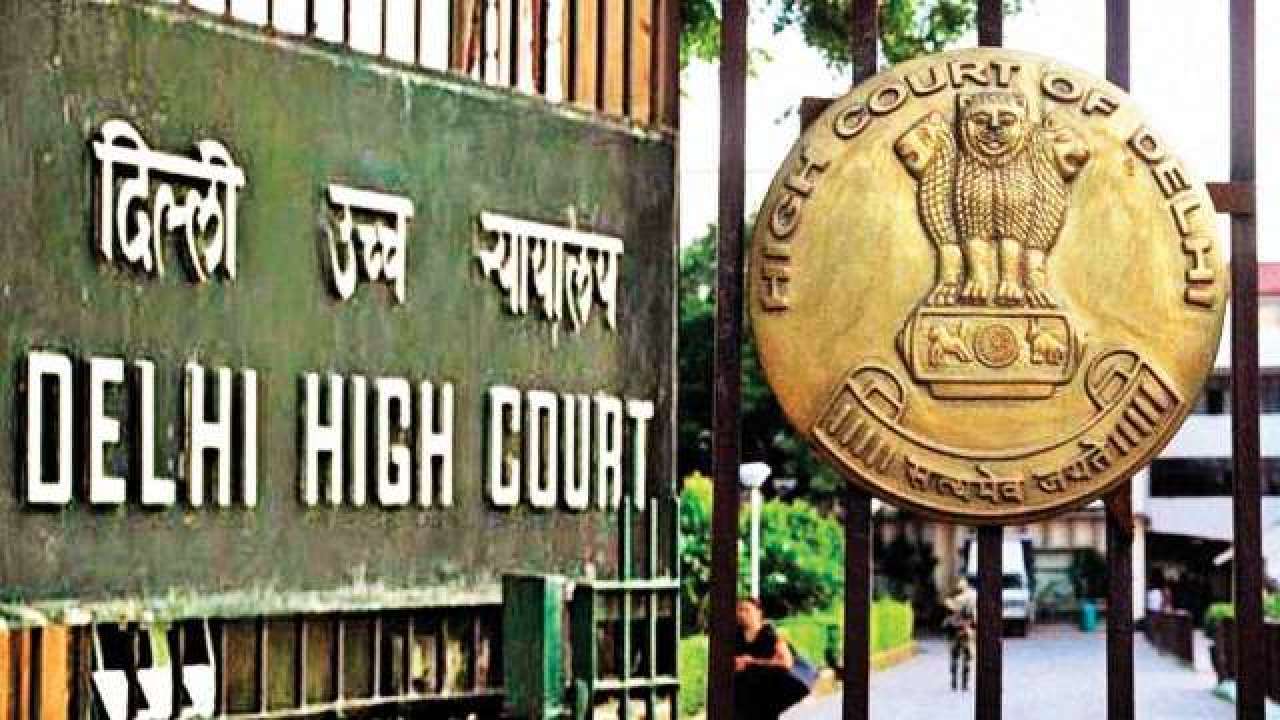When a court has ordered for stay in execution proceedings, such stay cannot remain unconditional and is subject to the amount of money being deposited as decided by the judge. This was decided in the case of Brijesh Kumar Agarwal & Ors. V. IFCI Factors Limited & Anr [RFA (OS) (COMM) 10/2020] in the High Court of Delhi by double bench consisting of Hon’ble Justice Manmohan And. Justice Asha Menon.
The facts of the case are that the learned Predecessor Division Bench had admitted the present appeal and directed it to be listed in due course. With regard to the present stay application, learned counsel for respondent no.1 had stated that he shall not institute or prosecute any application seeking execution of the impugned judgment till the disposal of the present application. Now, learned counsel for appellant states that the learned Single Judge without framing any issues and permitting admission July, 2020, the learned Predecessor Division Bench had admitted the present appeal and directed it to be listed in due course. With regard to the present stay application, learned counsel for respondent had stated that he shall not institute or prosecute any application seeking execution of the impugned judgment till the disposal of the present application.
The counsel for the respondents also referred to Chapter XA of Delhi High Court (Original Side) Rules to submit that at the time of Case Management hearing, a Court may of its own, decide a claim pertaining to any dispute, by a summary judgment, without recording oral evidence. On the other hand, lcounsel for the appellants states that since in the present appeal, the appellants have shown sufficient cause and prima facie case, the impugned decree should be stayed in its entirety.
The court observed that Order XLI CPC gives power and jurisdiction to the Appellate Court to pass interim orders. It further stated in the case of Praveen Davar and Ors. Vs. Harvansh Kumari and Ors; 2008 SCC Online Del 821 the court has held “the Appellate Court can put the appellant on such reasonable terms as would in the opinion of the Court reasonably compensate the decree holder for loss occasioned by delay in execution of the decree by the grant of a stay order”.
Further in Atma Ram Properties (P) Ltd. vs. Federal Motors Pvt. Ltd. (2005) 1 SCC 705, wherein it has been held as under:- “9..The power to grant stay is discretionary and flows from the jurisdiction conferred on an appellate Court which is equitable in nature. To secure an order of stay merely by preferring an appeal is not the statutory right conferred on the appellant. So also, an appellate Court is not ordained to grant an order of stay merely because an appeal has been preferred and an application for an order of stay has been made”.
After analyzing the principles laid down, the court said that the Appellate Court can put the appellant on such reasonable terms as would in the opinion of the Court reasonably compensate the decree holder for loss occasioned by delay in execution of the decree by the grant of a stay order. In a money decree, normally there shall be no stay till the decretal amount is deposited or security is given for the said amount It has been further held that for a stay to be granted, cogent and adequate reasons must be given.


